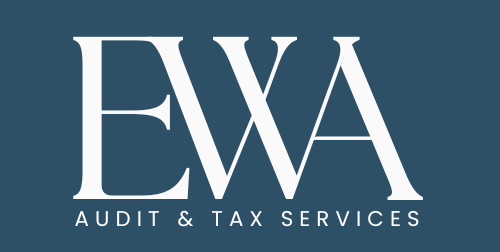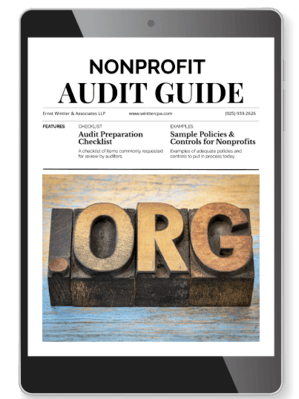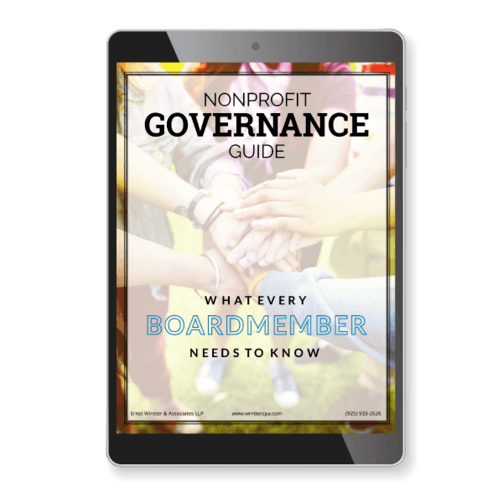Business owners need to know which small business records to keep and for how long. The IRS suggests keeping supporting documents that provide validation of your business. To understand what qualifies, think of your small business records in these categories.
Documents that demonstrate income
In accounting terms these are gross receipts. Your documents should show both the amounts and sources of your income. Included are:- Cash register tapes
- Records showing deposits in and out of your accounts
- Receipt ledgers and/or books
- Invoices
- Forms 1099
Business costs incurred
These are your expenses. Keeping careful small business records will be important at tax time or if you ever need to prove a loss. Supporting documents show both the amount paid and a description of the business expense. These could include:- Banking documents: statements, deposit slips, or canceled checks that show the payee, the amount, and that provide proof of payment or electronic funds transfer
- Store cash register receipts
- Credit card receipts and statements
- Invoices
- Petty cash slips
Items the company buys
These are purchases. If you manufacture your product, the cost of materials and parts are considered purchases. These small business records should show the amount paid and to whom. Included are:- Banking documents as mentioned above
- Store cash register receipts
- Credit card receipts and statements
- Invoices
Expenses for transportation, entertainment, and travel
You want to take advantage of tax deductions for transportation and entertainment costs associated with doing business. To deduct these, you’ll have to retain the small business records that prove certain aspects of the expense.Property, including machinery and furniture, which you own and use in your business
These are your business assets. These small business records include those you use to compute annual depreciation and that demonstrate the loss or gain you’ll receive from selling the assets. Keep documents that show:- When and how you purchased the item
- Purchase price
- Improvement cost
- Tax deductions taken for depreciation, and/or casualty losses
- How the asset is used
- When and how you disposed of the item
- Selling price
- Costs associated with the sale (advertisements, shipping, etc.)
- Invoices
- Real estate closing statements
- Banking documents as mentioned above








